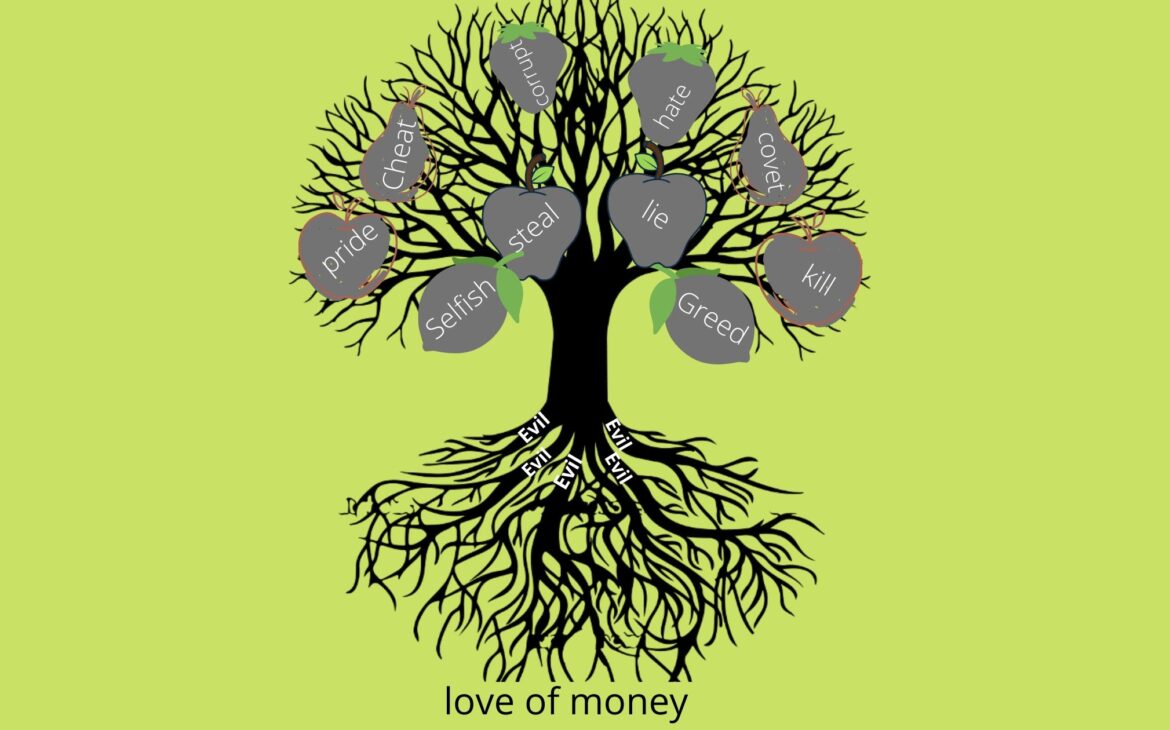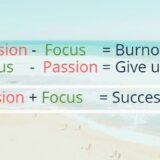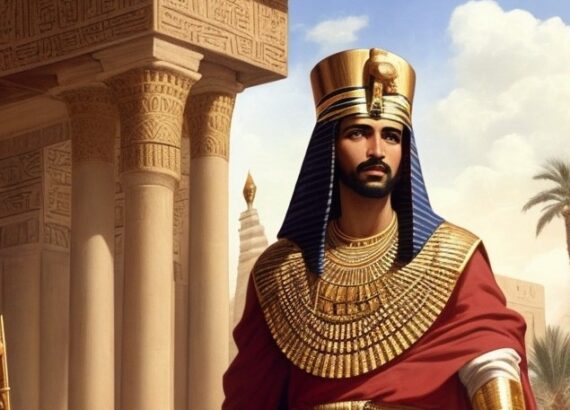How do you maximize profit without a ‘love of money’ mindset?

How do I maximize profit without a ‘love of money’ mindset? I believe, this is a question some Christian entrepreneurs has to battle in their heart. In order to answer this question, first, you need to really understand what ‘love of money’ really mean according to the bible;
“For the love of money is the root of all kinds of evil.”
1 Timothy 6:10
When the bible mentioned, ‘love of money’ —pay closer attention to the part of the verse that proceeds after; “… the root of all kinds of evil.” Then, the next question should be;
What are the kind of evil that might arise when maximizing profit in business?
In order to accurately know the answer to the question above, let’s look at the realities of maximizing profit.
- How do businesses maximize profit?
- Why do businesses maximize profit?
1. How do businesses maximize profit?
As long as your business is a for-profit, one of your main goals is to maximize profit. And when your business can no longer do that, it means it’s at the bricks of collapse. Here we can clearly establish that it’s a good thing to maximize profit for a profit-making business.
There are a couple of ways business do maximize profits
- Pricing
- Trade-offs
- Monopoly
Pricing
To maximize profit means setting a price for your product or service where expected revenue is higher than the calculated cost per unit.
Then, how do you set a ‘fair price’ for your goods or services?
The phrase ‘fair price’ could be tricky because it’s relative to the type of business and your target customers. For example, luxury businesses have a very high-profit margin on their goods because of their target customers who are able and willing to pay at a high price.
Therefore, your ‘fair price’ should always keep your target customers in mind.
Also, there are occasions where some entrepreneurs use inflated prices to maximize profit. And entrepreneurs who are guilty of using inflated price margin are mostly ‘middlemen’ —they buy from the manufacturer at a decent fair price and sells at a very high price to their customers.
They put outrageous price margin, just to maximize profit and that is known as cheating (a fruit of evil) customers.
Take for example, one of your customers buys a body-care product for $50 at your shop and later see that same product in another shop for $18. That customer would definitely feel cheated and may never want to patronize you anymore.
I have experienced this couple of times and I felt cheated and I ensure to avoid patronizing from such businesses. So I hope Christian entrepreneurs should refrain from such practices.
Your pricing strategy shouldn’t reflect your ‘love of money’ but love for your customers which is one of 10 Business commandments.
Trade-offs
One of the ways to maximize profits is to through trade-offs which can be good or bad. On one hand, the good trade-off for maximizing profit is to reduce waste in your business.
Entrepreneurs should always find ways to remove things that don’t add value to their business —continually improving processes to be efficient.
On the other hand, the bad trade-off in maximizing profit is slashing salaries or benefits of employees when the business can afford to pay full. No doubt, there are times when cutting employees’ salaries is inevitable because the business can no longer afford to pay.
However, there are other times the owners slashed the salaries of employees so they can keep a huge part of the profit for themselves —this known as greed (a fruit of evil).
We see this play out in modern capitalism, the rich become richer while their employees are poorer because of poor pay and bad working conditions.
A classic of such bad trade-off by cutting employees’ salaries is based on the true-life documentary film “The men who built America”.
In the film, Andrew Carnegie was one of the legendary entrepreneurs that were the catalyst for modern industrialization in America in the 19th century. However, he became obsessed to be the most powerful and richest man in America.
In order to achieve that, he needs to maximize profit in his growing steel company. First, he increased working hours to 6 days a week and 12 hours per day for a meagre hourly pay rate.
Second, the working environment was a hellish place, worker lives were constantly at risk. There were records of work accidents that killed some of the workers.
One time, the workers protested for an increase in wage and fair working conditions. Sadly, he refused and threatened to replaced them like they were lesser-humans.
After watching that documentary, I clearly understood why the love of money is the root of all evils.
Monopoly
Is a monopoly right or wrong?
This is another question, some Christian entrepreneurs may wonder about. But in order to answer that, you need to answer this first;
How do you create a monopoly? Is it natural or an artificial monopoly?
A natural monopoly is a market structure that is created naturally as the name implies. For example, If you have a product or service that is distinctly rare and unique, it is wise for your business to file for intellectual property(IP) on that product or service —this may lead to monopoly.
Another cause of natural monopoly could be a high entry cost. This may cause a barrier for other players to easily enter into the market. A natural monopoly is never evil if it’s truly natural. In fact, it helps ‘unique‘ small businesses strive without fear of being swallowed by the sharks.
On the other hand, an artificial monopoly is created by entrepreneurs who deliberately kick out their competitors off their way. Most often, they don’t have any unique product or services.
They’re just bullies have 2 main motives;
- Market dominance by all cost
- To keep control of pricing
In order for entrepreneurs to create an artificial monopoly they engage in;
- Unhealthy competition through price war and the likes
- Political lobbying to squeeze out competitors
- Unfair buy-out of competitors
In summary, any monopoly that is intentionally done to squeeze out competition unruly is a fruit of evil that has its root from the love of money.
2. Why do you want to maximize profit?
The motive of maximizing profit is the determinant of whether it’s evil or not.
Let’s look back at the documentary mentioned earlier, you ‘ll notice that Andrew Carnegie’s motive to maximize profit is to become the most powerful man in America.
Even though, it was a result of his personal clashed with the richest man (John Rockefeller) at the time. The reason was still selfish (a fruit of evil) —at that time, the company was already making huge profits and expanding rapidly.
As a Christian entrepreneur, honestly answering the ‘why‘ questions is the key to know when you’re encroaching the ‘love of money’ mindset. Your business should always bring God glory.
Whatever desire you have for your business that doesn’t bring glory to God but to you —is known as self-gratification(a fruit of evil).
Side note: Although Andrew Carnegie made some selfish decisions as an entrepreneur. Nevertheless, he was a brilliant visionary entrepreneur who extended the use of steels from just producing utensils to building high-rise buildings and bridges that helped to rapidly expand North America vertically.
Later, he became a philanthropist and built standard libraries and museums across America, that still exists to this day.
Takeaway: For a for-profit business to survive in the long-run you have to maximize profit. As a Christian entrepreneur, ensure your motive isn’t fueled by any of the fruits of evil.
Kindly share this article if you find it useful and want others to benefit from it too. You can also subscribe to receive email notifications when there are new articles or useful updates










